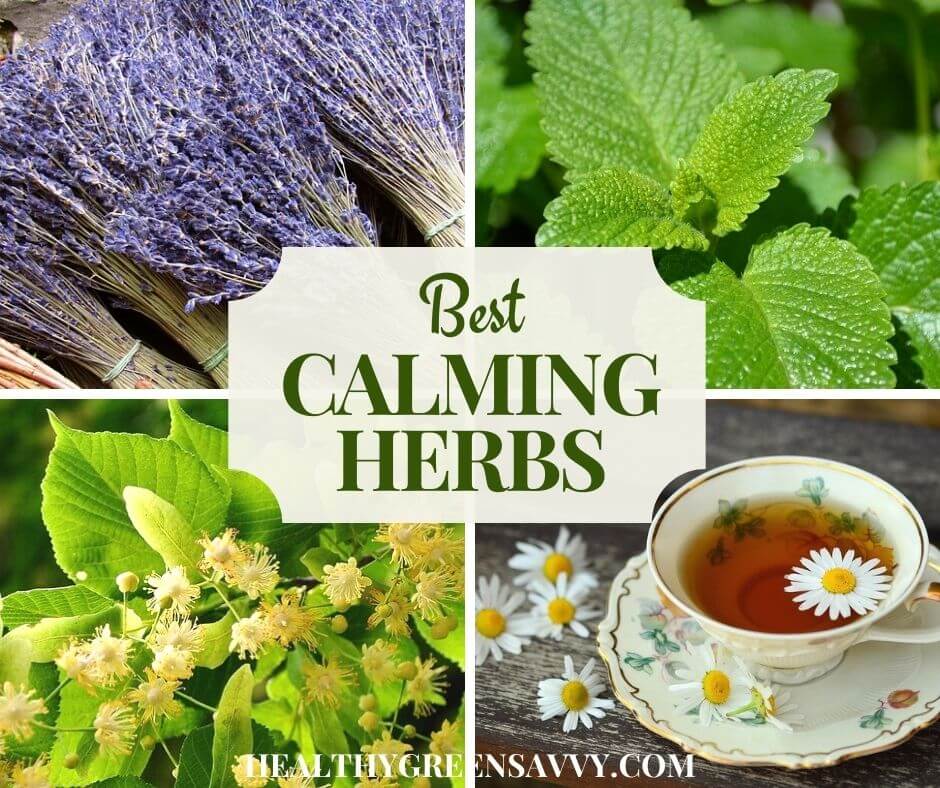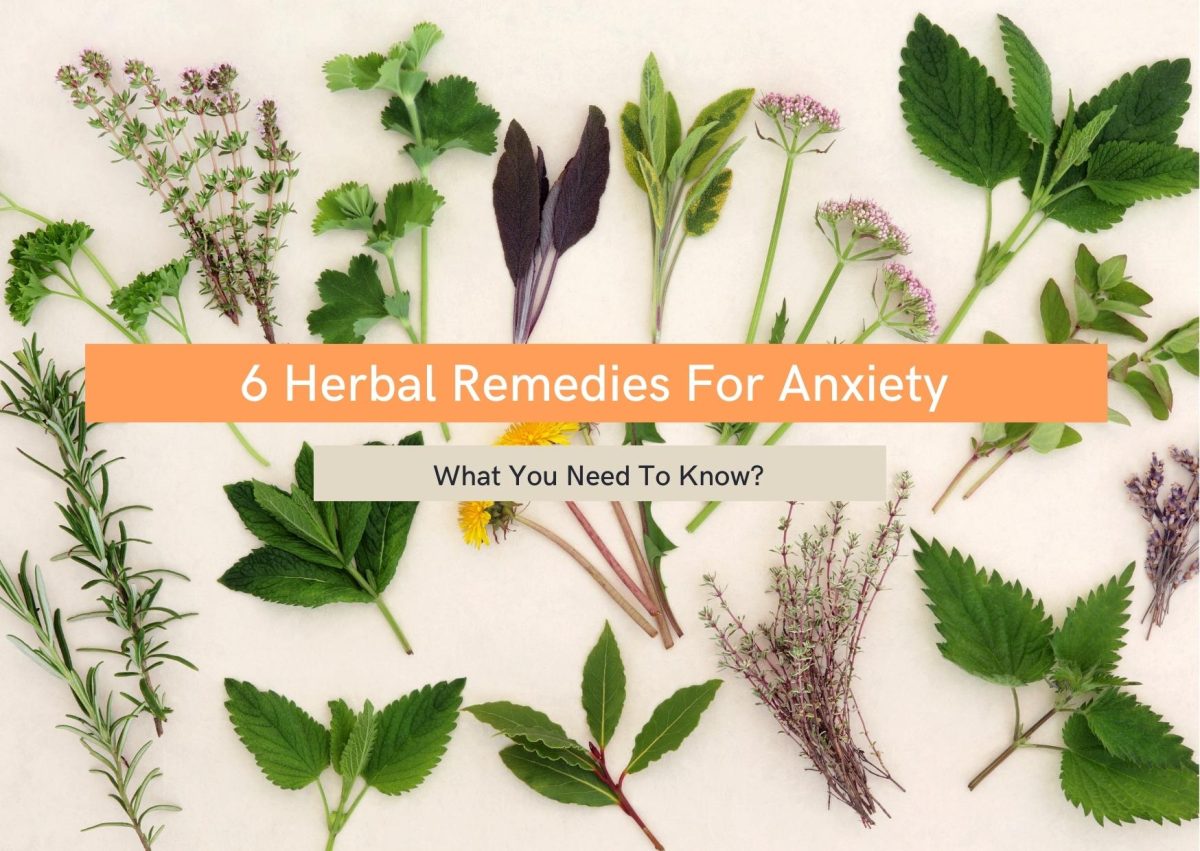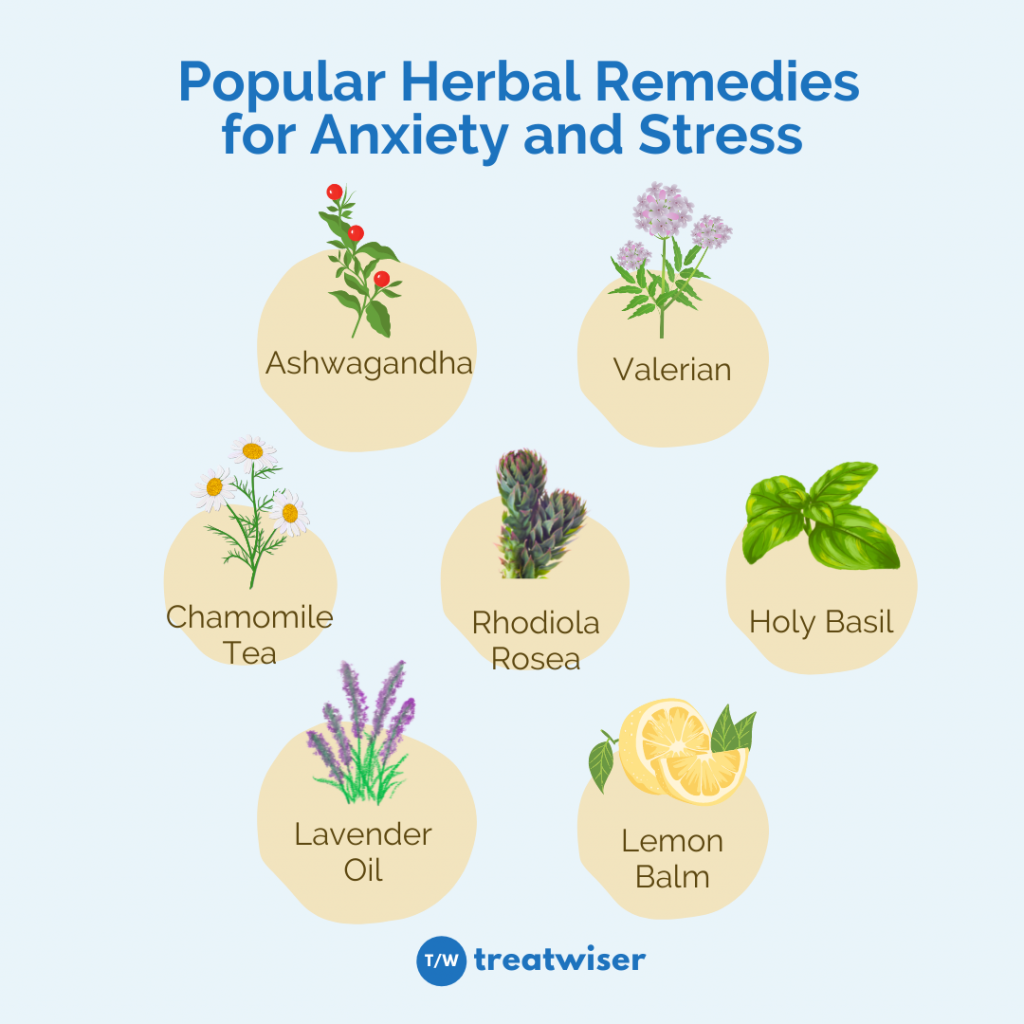Introduction to Herbal Remedies for Anxiety and Calmness

For centuries, cultures worldwide have turned to the natural world for solace and relief from anxiety. From ancient Ayurvedic practices in India to traditional Chinese medicine and the herbal traditions of Europe and the Americas, plants have played a significant role in managing emotional distress. The use of herbs for anxiety wasn’t merely a matter of superstition; it stemmed from observed effects and a deep understanding of the plant kingdom’s potential to influence the body and mind. This understanding, while often passed down through generations, is now increasingly supported by scientific research exploring the mechanisms by which certain herbs can exert their calming effects.
Many herbs believed to reduce anxiety work by interacting with the body’s neurotransmitter systems, influencing the delicate balance of chemicals that govern mood, sleep, and stress responses. For instance, some herbs may increase the availability of GABA (gamma-aminobutyric acid), a neurotransmitter known for its calming and inhibitory effects on the nervous system. Others might interact with serotonin or dopamine pathways, influencing feelings of well-being and reducing feelings of nervousness. It’s important to remember that these mechanisms are often complex and involve multiple interactions within the body, not just a single, isolated effect. The effects of herbal remedies can also be influenced by individual factors such as genetics, diet, and overall health.
Common Misconceptions Regarding Herbal Remedies and Anxiety
It’s crucial to address some common misunderstandings surrounding herbal remedies for anxiety. One pervasive misconception is that “natural” automatically equates to “safe” and “effective.” While many herbs possess therapeutic properties, they can still cause adverse effects or interact negatively with medications. Another misconception is that herbal remedies are a quick fix for anxiety. Effective management of anxiety often requires a holistic approach that may include lifestyle changes, therapy, and possibly medication, with herbal remedies potentially playing a supportive role. Finally, the lack of standardized regulations and quality control in the herbal supplement industry can lead to inconsistencies in product potency and purity, further emphasizing the importance of sourcing products from reputable suppliers. Consumers should be aware of these issues and make informed decisions about their use of herbal remedies.
Specific Herbs and Their Effects

Many herbs have demonstrated potential in easing anxiety and promoting calmness. It’s crucial to remember that while these herbs offer natural approaches, they aren’t a replacement for professional medical advice. Always consult your doctor before starting any new herbal remedy, especially if you’re on other medications. Individual responses to herbal remedies can vary significantly.
Chamomile for Anxiety Reduction
Chamomile, known for its soothing properties, contains compounds like apigenin, which interacts with receptors in the brain that may reduce anxiety and promote relaxation. It’s available in various forms, each offering unique advantages and considerations.
| Herb | Form | Dosage | Benefits |
|---|---|---|---|
| Chamomile | Tea | 1-2 cups daily | Easy to prepare, readily available, gentle on the digestive system. |
| Chamomile | Capsules | As directed on product label; typically 350-500mg | Convenient, standardized dosage, suitable for those who dislike the taste of tea. |
| Chamomile | Essential Oil | A few drops in a diffuser or added to a warm bath | Aromatic benefits, can create a relaxing atmosphere, but should not be ingested. |
Lavender for Promoting Calmness
Lavender’s calming effects are largely attributed to its essential oil, containing compounds like linalool and linalyl acetate, which interact with the nervous system to promote relaxation and reduce stress hormones.
Lavender’s calming properties make it a versatile addition to a daily routine. Here are several ways to incorporate it:
- Diffuse lavender essential oil in your home or workplace.
- Add a few drops of lavender essential oil to a warm bath.
- Apply lavender-infused lotion or cream topically.
- Use lavender-scented pillow spray before bed.
- Drink lavender tea before bedtime.
Valerian Root for Sleep and Anxiety Reduction, Herbal remedies for reducing anxiety and promoting calmness
Valerian root is often used to improve sleep quality and reduce anxiety symptoms. It’s thought to work by increasing levels of GABA, a neurotransmitter that inhibits nerve impulses and promotes relaxation. However, valerian root can interact with certain medications, such as sedatives and antidepressants. Always consult a healthcare professional before using valerian root if you are taking other medications.
Lemon Balm and Passionflower for Anxiety Management
Both lemon balm and passionflower are known for their anxiolytic properties. Lemon balm, containing rosmarinic acid, may help reduce stress and improve mood. Passionflower, containing flavonoids, may help reduce anxiety and improve sleep. While both are generally considered safe, they may interact with other medications, particularly those affecting the central nervous system. Compared to valerian root, they often exhibit milder effects, making them suitable for individuals seeking a gentler approach to anxiety management. The efficacy of each herb can vary depending on individual factors and the specific preparation used.
Preparation and Usage of Herbal Remedies: Herbal Remedies For Reducing Anxiety And Promoting Calmness

Using herbal remedies effectively involves understanding proper preparation and mindful usage. This section will guide you through preparing a common anxiety-relieving tea, Artikel important precautions, and suggest a sample weekly schedule for incorporating various herbal remedies into your routine. Remember to always consult with a healthcare professional before starting any new herbal remedy, especially if you have pre-existing health conditions or are taking other medications.
Chamomile Tea Preparation
Chamomile tea is a popular choice for its calming properties. The following steps detail how to prepare it, offering guidance for adjusting the strength to your preference.
- Boil Water: Heat filtered or spring water to a rolling boil. The quality of water can impact the taste.
- Add Chamomile: For a mild cup, use 1 teaspoon of dried chamomile flowers per cup (8 ounces) of water. For a stronger brew, use 1.5-2 teaspoons. You can also use chamomile tea bags, following the instructions on the package.
- Steep: Pour the boiling water over the chamomile flowers or tea bag. Cover the cup and let it steep for 5-7 minutes for a mild brew, or 10-12 minutes for a stronger brew. Longer steeping times will result in a more potent and potentially bitter tea.
- Strain and Enjoy: Carefully strain the tea to remove the chamomile flowers or tea bag. Sweeten with honey or maple syrup if desired. Enjoy your calming chamomile tea slowly and mindfully.
Precautions When Using Herbal Remedies
It’s crucial to be aware of potential risks associated with herbal remedies. Many herbs interact with medications or have contraindications for certain health conditions.
- Drug Interactions: Some herbal remedies can interact negatively with prescription or over-the-counter medications. For example, St. John’s Wort, often used for mild depression, can interact with many medications, including birth control pills and antidepressants. Always inform your doctor or pharmacist about all herbal remedies you are using.
- Allergies and Sensitivities: Individuals can be allergic to certain herbs. Start with a small amount of a new herb to check for any allergic reactions like skin rash, itching, or digestive upset. If you experience any adverse reactions, discontinue use immediately.
- Contraindications: Certain herbs are not suitable for people with specific health conditions. For instance, people with bleeding disorders should avoid herbs like ginger or ginseng, which can thin the blood. Pregnant or breastfeeding women should also exercise caution and consult their healthcare provider before using herbal remedies.
- Quality and Purity: Ensure you source your herbal remedies from reputable suppliers to guarantee quality and purity. Contamination can occur, so it’s vital to buy from trusted sources.
Sample Weekly Schedule for Herbal Remedies
This is a sample schedule; adjust it based on your individual needs and preferences. Always consult your doctor before starting any new regimen.
| Day | Morning | Afternoon | Evening |
|---|---|---|---|
| Monday | Lemon balm tea | Lavender aromatherapy | Chamomile tea |
| Tuesday | Passionflower tea | Gentle stretching and deep breathing | Magnesium supplement (consult your doctor) |
| Wednesday | Lemon balm tea | Lavender aromatherapy | Chamomile tea |
| Thursday | Passionflower tea | Mindful walk outdoors | Magnesium supplement (consult your doctor) |
| Friday | Lemon balm tea | Lavender aromatherapy | Chamomile tea |
| Saturday | Restorative yoga | Spend time in nature | Chamomile bath |
| Sunday | Rest and relaxation | Read a book | Chamomile tea |
Aromatherapy with Essential Oils
Lavender and chamomile essential oils are commonly used for their calming effects. Always dilute essential oils before applying them to the skin.
Herbal remedies for reducing anxiety and promoting calmness – For aromatherapy, add a few drops of lavender or chamomile essential oil to a diffuser or add a drop or two to a warm bath. For topical application, dilute 1-2 drops of essential oil in a carrier oil such as jojoba or almond oil before applying it to your pulse points or temples. Never ingest essential oils.